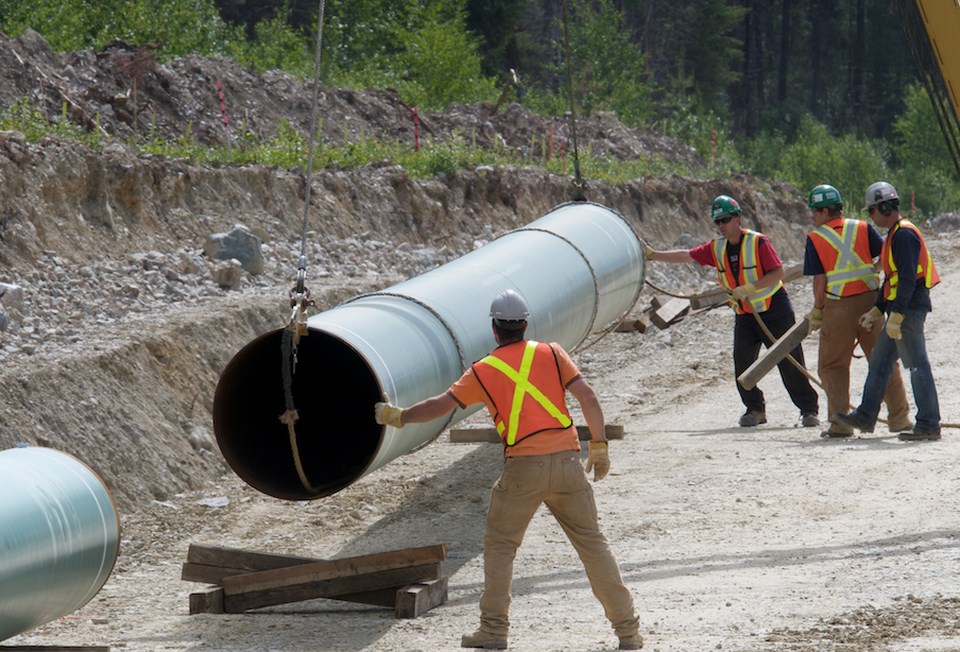The federal government and Prime Minister Justin Trudeau paid too much for the pipeline.
Like, way too much.
That’s according to Parliament's budget watchdog, Yves Giroux - the parliamentary budget officer – who last week presented an analysis of the overall value of the oil pipeline, which the government purchased from Texas oil company Kinder Morgan last August.
Giroux estimates the Trans Mountain pipeline and a planned expansion project are worth between $3.6 billion and $4.6 billion, which means taxpayers paid close to the high end of the project's calculated value.
"If it was a car, we would say they paid ‘sticker price,’ they didn't negotiate very much, they didn't get that many deals or manufacturer's rebates — quite the opposite," Giroux said.
The pipeline's capacity will come at a cost of $9.3 billion if the project is completed on schedule by Dec. 31, 2021, the PBO estimates.
But that’s only if building the pipeline comes without any delays in construction or cost increases.
If it does – and what project doesn’t - "then it's quite clear to us that the government would have overpaid" for the pipeline, said Giroux.
Great.
Even supporters of the pipeline should be cringing that, at the very least, the feds made a terrible deal.
One main reason why there will likely be delays is due reconsideration of the project by the National Energy Board.
The Federal Court of Appeal struck down Ottawa's approval of the project in a ruling delivered on Aug. 30, saying Canada failed to meaningfully consult with First Nations along the pipeline route and that the NEB failed to examine how the project would affect marine life. The project is now in limbo.
Given that the 2021 completion date was set before the court ruling was delivered, Giroux says he believes the expansion is likely to face delays and, in turn, financial losses.
A one-year delay in the project would reduce its value by $700 million. A 10-per-cent increase in construction costs would reduce the value by $450 million.
"All indicators point that there will likely be a delayed construction. And construction costs — I think it's also quite possible they will increase," Giroux said.
If the NEB recommends continuing with the project, expect more court challenges.
If the pipeline expansion does not go ahead, the value of the project would drop significantly, and cause the government to lose upwards of $2.5 billion, Giroux added, calling this the worst-case scenario.
I’ll leave the final word to NDP MP Nathan Cullen: "It feels to me like they got boxed in and they went and played Texas hold 'em with a Texas oil company and lost, big time.”



